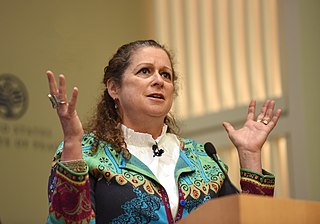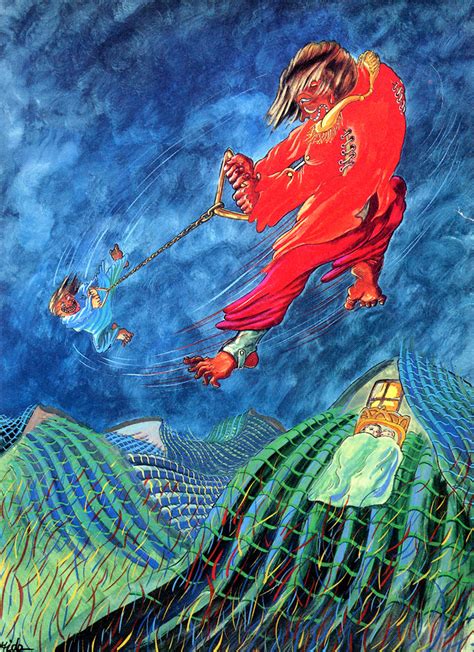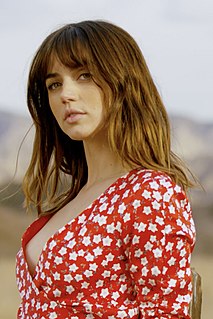A Quote by Daniel Radcliffe
We would choreograph [ with Paul Dano] before each scene [in Swiss Army Man] and very quickly got to a place where we could improvise physically in scene and know that the other person would respond in character appropriately. So that [dynamic] was a lot of fun.
Related Quotes
Paul [Dano] was amazing at carrying me around [in Swiss Army Man]. I wanted to be there as much as possible but didn't want to hurt Paul's back, but Paul often chose me over the dummy many times on the set. But yeah, to be honest, a little bit of preparation I did with my friend in my flat could never have prepared me for quite the level of physical reliance we would have on each other.
What is a scene? a) A scene starts and ends in one place at one time (the Aristotelian unities of time and place-this stuff goes waaaayyyy back). b) A scene starts in one place emotionally and ends in another place emotionally. Starts angry, ends embarrassed. Starts lovestruck, ends disgusted. c) Something happens in a scene, whereby the character cannot go back to the way things were before. Make sure to finish a scene before you go on to the next. Make something happen.
I get very close to people when I'm shooting them. We would go and shoot a scene with Lucy, and I would spend the whole time telling her about Rob. Then I would go shoot a scene with Rob and tell him all about Lucy. Eventually they wanted to know each other. These are two people who would never have overlapped in any other way or context. We brought to the garden at Rob's office and just sat and watched what unfolded. I remember weeping behind the camera, because I was so moved by the way they connected.
I think it was pretty obvious early on that we had both come with kind of the same attitude of "Let's just [jump] in," and neither of us was going to be precious about it. I feel like the thing that we learned is, weirdly, the most intimate thing or a very intimate thing you can do to somebody is hold their tongue with your fingers. When Paul [Dano] is making me talk [in Swiss Army Man].
So many computer languages try to force you into one way of thinking and Perl is very much the opposite of that approach. It's kind of like a, well, sometimes Perl has been called the Swiss army chainsaw of the internet, but it's more like a Swiss army machine shop. It really gives you a lot of tools, some of which are dangerous, but it lets you get your job done very quickly.































